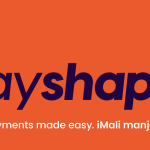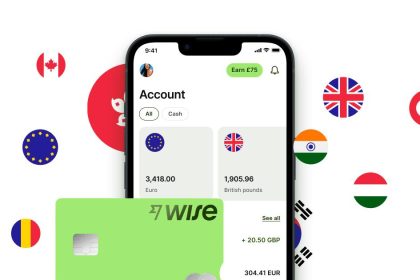Does it feel like Consumer Banking in Ghana is kind of stagnant?
That depends on who you ask. However, there is data to suggest that consumer banking in Ghana is lagging compared to other countries.
According to a 2020 report by PwC Ghana, only 36% of bank customers in Ghana are satisfied with their primary bank, compared to 52% in Nigeria and 74% in Kenya. The report also found that Ghanaian banks are not meeting the expectations of customers in terms of convenience, personalization, value for money, and digital capabilities.
Some banks are now getting better on the digital front. But most are still lagging behind when it comes to innovation and offering exciting digital features for consumers.
Lack Of Competition
Ghana has a relatively concentrated banking sector with a few dominant players. According to the Bank of Ghana (BoG), as of December 2020, there were 23 licensed banks operating in the country with a total market share of 97%. The top five banks accounted for 54% of total assets, 53% of total deposits, and 49% of total loans.
This means that there is less incentive for banks to innovate and differentiate themselves from their competitors as they enjoy a large customer base and market power.
Progress Of “Digital” Banking
Currently, most of the banks in Ghana have a mobile app for banking. Most banking apps have features including transferring money and paying bills. Others have more advanced features like buying treasury bills.
Very few have the option of opening a bank account through a mobile app. Standard Chartered is one of the few banks that offer the feature of opening a bank account digitally.
The adoption of digital banking in Ghana is not really high. Only 15% of adults in Ghana use digital payments (such as debit cards or mobile money) to make or receive payments, compared to 39% in Nigeria and 75% in Kenya. Factors for the low numbers in Ghana would suggest a low level of financial literacy among consumers in Ghana who may not be aware of or demand innovative products and services from their banks.
FinTechs Are Filling In Some Gaps
Some Fintech apps are attempting to fill in most of the gaps when it comes to offering digital financial services to consumers.
Fintech apps like Achieve and Bamboo offer investment options in the realm of purchasing mutual funds and US stocks.
For cross-border transfer of money in Africa, apps like Flutterwave’s Send and PayUp give consumers the option for those actions.
For a better chance at receiving loans, Fido gives consumers those options as well as providing credit scores.

Bank Of Ghana To The Rescue?
Can the Bank of Ghana help to push banks to make consumer banking more attractive for the masses?
There have been so actions from BOG including the opening of its fintech office in 2020 to help the regulation of fintechs in Ghana as well as collaborating and helping to scale the sector.
BOG also unveiled its 2024 roadmap where it outlined innovative policies such as the Account Number Portability” policy which would enable bank customers to retain their bank account numbers if they switch to a new bank.
Another innovative policy that could further make consumer banking make attractive is Open Banking. Open Banking would enable customers’ data to be easily shared or transferred to third parties with the permission of the customer. Open Banking would allow customers easily transfer data from one bank to another without needing to sign up for another account.
Policies like this can help improve innovation for customer banking. The BOG has put in a deadline for 2024 for most of these policies.
Consumer banking innovation in Ghana faces several challenges that need to be addressed by both banks and regulators. Banks need to adopt customer-centric strategies that focus on delivering value-added products
and services that meet the needs and expectations of consumers across different segments.
Hopefully, this will change in the next few years if banks and fintechs can be more collaborative and the upcoming digital policies by the Bank of Ghana are implemented.
Catch up on news and other tidbits on our WhatsApp Community Page, Twitter/X, and subscribe to our weekly newsletter to ensure you don’t miss out on any news.









